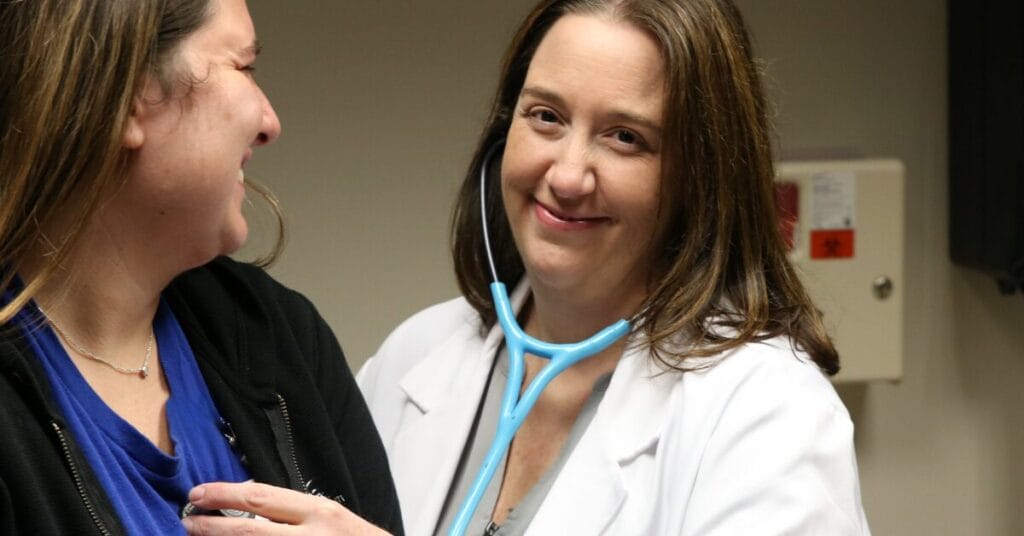Sleep deprivation can impact productivity, earnings
Adequate sleep is vital for maintaining optimal health and enhancing productivity, but many factors can make quality sleep difficult to achieve and maintain.
The American Academy of Sleep Medicine emphasizes that adults should aim for seven to nine hours of sleep per night to support cognitive functions, emotional well-being and overall performance. However, the Centers for Disease Control and Prevention reports anywhere from 30% to 46% of Americans are not getting enough sleep, with about 39% of Indiana residents clinically sleep-deprived. The issue of sleep deprivation is so pervasive, it was deemed a public health epidemic by the CDC in 2013.
Poor sleep hygiene practices, such as irregular sleep schedules, excessive screen time before bed and an unconducive sleep environment compromise sleep quality. The pervasive use of smartphones and social media, especially before bedtime, has been linked to difficulties in falling asleep and reduced sleep duration. The blue light emitted by screens interferes with the production of melatonin, a hormone that regulates sleep-wake cycles, thereby delaying sleep onset and affecting sleep quality.
The rise of remote work has introduced additional challenges to maintaining healthy sleep patterns. The blurring of boundaries between work and personal life can lead to extended working hours and increased stress, both of which negatively impact sleep. Without a clear separation between workspaces and rest areas, individuals may find it harder to unwind, leading to delayed sleep onset and poorer sleep quality.
Sleep disorders such as insomnia and obstructive sleep apnea also significantly disrupt sleep quality and duration.
Insomnia, characterized by difficulty falling or staying asleep, affects daily functioning and can lead to mood disturbances and impaired cognitive abilities. OSA involves repeated episodes of airway obstruction during sleep, resulting in fragmented sleep and reduced oxygen levels. This condition not only contributes to daytime sleepiness but also elevates the risk of cardiovascular diseases, including hypertension and heart failure.
In addition to OSA, obesity hypoventilation syndrome, can lead to low oxygen levels and high carbon dioxide levels, further exacerbating sleep disturbances and cardiovascular strain.
In the workplace, sleep deprivation of employees can be problematic in a number of ways. Insufficient sleep impairs attention, decision-making and memory, leading to decreased productivity and increased susceptibility to errors. It’s been said that you can’t pour from an empty cup. If you’re running on empty in the sleep department, you have less to give at work.
Sleep deprivation can also cause safety issues when it comes to operating large machinery or vehicles. A study published in the “Journal of Occupational Health Psychology” found construction workers with insomnia complied with fewer safety practices and were at a greater risk for workplace injuries.
Studies have found the U.S. sustains up to $411 billion in lost revenue to per year, the largest of any country, due to productivity loss associated with sleep deprivation. On an annual basis, it is estimated the U.S. loses an equivalent of about 1.23 million working days due to insufficient sleep.
The findings of multiple studies are clear: Prioritizing sleep is essential for sustaining personal health and productivity as well as the financial success of our businesses and industries.
Addressing sleep disorders, adopting good sleep hygiene practices, managing screen time, and establishing clear boundaries while working from home are crucial steps toward achieving restorative sleep and enhancing overall well-being. If you have concerns about your sleep, consult with your primary care physician and discuss your options for a sleep study or referral to a specialist.
Your health — and your job — could depend on it.




